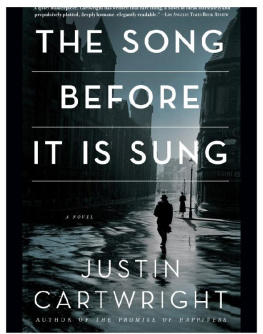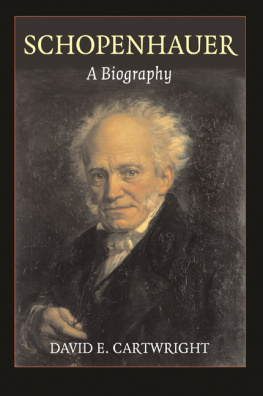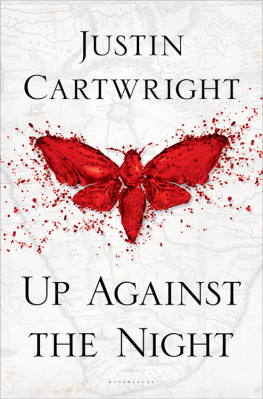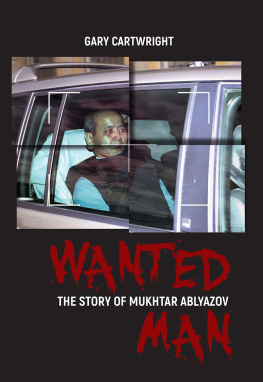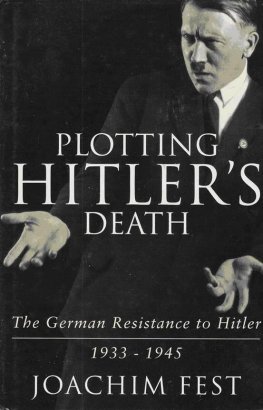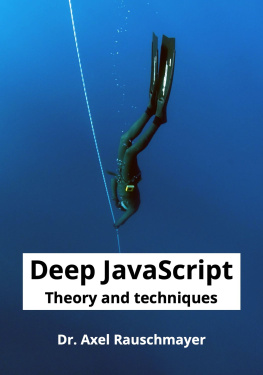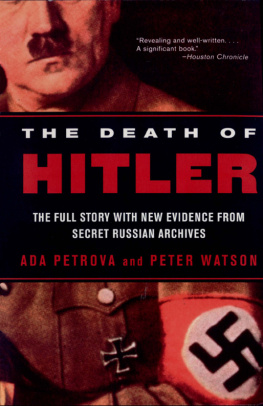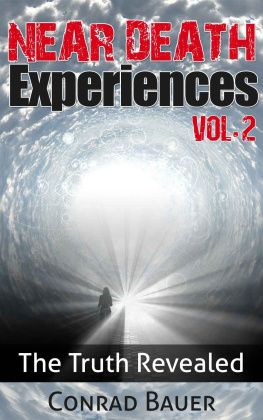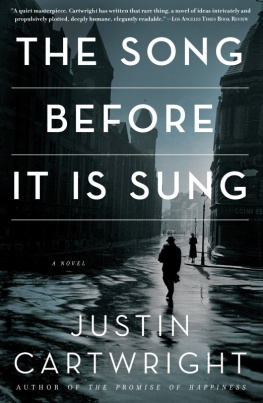Cartwright - The Song Before It Is Sung
Here you can read online Cartwright - The Song Before It Is Sung full text of the book (entire story) in english for free. Download pdf and epub, get meaning, cover and reviews about this ebook. City: New York;England;Oxford;Germany, year: 2009;2008, publisher: Bloomsbury Publishing Plc, genre: Art. Description of the work, (preface) as well as reviews are available. Best literature library LitArk.com created for fans of good reading and offers a wide selection of genres:
Romance novel
Science fiction
Adventure
Detective
Science
History
Home and family
Prose
Art
Politics
Computer
Non-fiction
Religion
Business
Children
Humor
Choose a favorite category and find really read worthwhile books. Enjoy immersion in the world of imagination, feel the emotions of the characters or learn something new for yourself, make an fascinating discovery.
- Book:The Song Before It Is Sung
- Author:
- Publisher:Bloomsbury Publishing Plc
- Genre:
- Year:2009;2008
- City:New York;England;Oxford;Germany
- Rating:4 / 5
- Favourites:Add to favourites
- Your mark:
- 80
- 1
- 2
- 3
- 4
- 5
The Song Before It Is Sung: summary, description and annotation
We offer to read an annotation, description, summary or preface (depends on what the author of the book "The Song Before It Is Sung" wrote himself). If you haven't found the necessary information about the book — write in the comments, we will try to find it.
The Song Before It Is Sung — read online for free the complete book (whole text) full work
Below is the text of the book, divided by pages. System saving the place of the last page read, allows you to conveniently read the book "The Song Before It Is Sung" online for free, without having to search again every time where you left off. Put a bookmark, and you can go to the page where you finished reading at any time.
Font size:
Interval:
Bookmark:
THE SONG
BEFORE IT IS SUNG
JUSTIN CARTWRIGHT

For Penny, Rufus and Serge
Where is the song before it is sung?
- Alexander Herzen
Contents
AS CONRAD SENIOR flies towards Berlin, he is thinking about thoughts; so many thoughts piled up, such a quantity of half-remembered knowledge, so many emotions brought up from the well to spill out: the unrolling of history - a river into which you can't step twice, a collection of biographies end to end, a hilltop to survey the surrounding plains and so on - but also, more so, the anxieties prompted by the spooling of time and the awareness of its unstoppable nature; and random thoughts Einstein buying a vanilla ice cream sprinkled with chocolate when he first landed in New York - the bank's accusations, sexual encounters, the relation between friendship and envy (La Rochefoucauld), the aromas of bread rising, randomness, the softness of a horse's muzzle (excepting the fishing-line hairs), the smell of books, the deep peace of libraries, the idea of patriotism, the scent of Greek hillsides, the significance of landscape, the strange deceptions of painting, the persistence of religious belief, the races of people, the love of animals, the power of music (I can suck as much melancholy out of a song as a weasel sucks eggs), the unknowability of another's mind, the idea of progress, the ever-presence of the poor, the truths of mathematics, the language of policemen, the hypocrisies of small talk, the obsession with self, the sickly miasma of money, the yearning for simplification, states of mind, regional accents, underwear, the nature of understanding, the isolation of dictators, personal hygiene, displays of food in shops, attachment to a lover's topography, cross-wiring in the brain, celebrity, the truths of art, the roof of the world, cowardice...
And the garrotting of Axel von Gottberg.
This is one of the mysteries of consciousness, Conrad thinks, the difference between the thoughts you bid come to you and the ones that come anyway, sometimes as a blessing, also as a curse.
For nearly three years, Conrad has been thinking about Axel von Gottberg. Von Gottberg was garrotted on the orders of Hitler in August 1944. He was thirty-five years old, and looked, although not in profile, like him, with thinning hair and a longish, northern-European face. Northern-European hair is inclined to throw in the towel early. Thoughts of von Gottberg visit him at any hour of the day, without warning.
Actually, Conrad is aware that he is not thinking full-blown thoughts, but highlights, like the trailers at his local cinema complex; these thoughts are presenting themselves to him in a chaotic pageant. It is in the nature of air travel with its barely suppressed claustrophobia and its sexual speculation and dulled sense of movement that thoughts seem to be provoked to go on the exuberant march. (You can only think about thoughts, or consciousness, in metaphors.)
When he thinks of Axel von Gottberg, Conrad sees him as he was at his trial. There he is, standing in a capacious suit before the People's Court with his hands folded in front of him. This could be to prevent the trousers falling down, as the prisoners are not allowed belts and appear to have been given clothes from a second-hand store. The defendants are mostly aristocratic and the idea is to bring them down a peg or two, to make them accountable to the ordinary people, so that they can be hanged in clear conscience.
The film, which was commissioned by the State Film Superintendent, Hans Hinkel, to show what a fine National Socialist the judge Roland Freisler was, and what wretched traitors the accused were, is beautifully lit. It is as though the windows of the court are admitting a soft, warm light, a Dutch light, containing the texture of paint, to coat the defendant, the judge himself, and the upstanding members of the public, who, in contrast to the decadents on trial, are mostly uniformed. The unintended effect of this is to make von Gottberg look heroic. Von Gottberg speaks calmly about his career in the Foreign Service and politely deflects Freisler's criticism about his failure to join the Army and about his education at Oxford on a Rhodes Scholarship: 'An English scholarship,' says Freisler. 'But candidates chosen in Germany,' says von Gottberg.
Freisler's clinching remarks are that four years at Oxford and a lot of time hanging about in the Romanisches Caf on the Kurfrstendamm are the ideal preparation for a traitor. As Freisler names this particular sink of decadence - the true voice of Nazism speaking against intellectuals - von Gottberg stands, balding head inclined. The scene doesn't make much linguistic sense because in the finished film each defendant in the trial of the 20 July 1944 plotters is edited in such a way as to give Freisler the last word, but still von Gottberg's calmness and composure are striking. He knows that he is facing certain death, because this is not a trial but a lynching: even before the court has sat, it has been announced that the defendants are traitors who will hang, in Hitler's own words, like cattle in the slaughterhouse. Hitler has said that this is an authentic German blood-revenge. He sets great store by the authentically Teutonic.
Freisler's only job is to discredit the defendants. Like his leader, he is prone to rages. He says the word Schweinehund at one stage which, until he heard it in Freisler's mouth, Conrad thought was an invention of British and American war-films. And it adds to the unreality that Freisler looks as though he has been pulled in by a desperate casting director. He models his hand gestures on the Fhrer's and contorts his face dramatically. Even some Nazis are embarrassed by his behaviour, but Hitler says that Freisler is their Vyshinsky.
Although the defendants' replies and interjections are edited, it is known that most of them were brave in the face of death. One, when asked why he joined the plot, said that he regarded Hitler as the instrument of all evil in the world. Another urged Freisler to get on with the hanging or he would be hanged by the Allies first. In fact Freisler is crushed by falling masonry a few months later when a bomb falls on the People's Court.
Von Gottberg, in this glimpse of him, remains polite, even resigned. He has done his best to demonstrate that there is such a thing as a good German. Perhaps he is too composed, too controlled: he is the only defendant not immediately strung up on a thin cord attached to meat-hooks in Berlin-Plotzensee Prison. He is kept for interrogation for another eleven days because he has high-level contacts with the outside world that some Nazis believe they can use to save themselves. When Hitler hears of the plan to keep him alive, he falls into a screaming rage, which in German is called a Tobsuchtsanfall, and orders his immediate death. Von Gottberg is hanged and his children, a boy of three, a girl of two and a girl of nine months, are taken away from their mother to an orphanage where the boy dies of diphtheria. Von Gottberg's wife is imprisoned. Hitler calls this Sippenhaft, another ancient German custom, of revenging yourself on the relatives of the person who has done you wrong.
Conrad finds it difficult to imagine how someone who has walked the same streets as he has, who has known the soft wet light of an Oxford winter, who has drunk at the Eagle and Child with E.A. Mendel where he drank with Mendel fifty years later - could have ended up in front of Freisler, in a trial so unreal and so mad and so vicious that it points to something unimaginable about human nature. Certainly unimaginable in the low-roofed, hop-steeped Eagle and Child, which has been known to generations as the Bird and Baby. He is aware that his interest in von Gottberg, what Francine calls his morbid interest, owes a lot to the fact that von Gottberg was an Oxford man, a Rhodes Scholar, as he was. Rhodes Scholarships, despite the questionable character of their founder, confer a sense of destiny. Did von Gottberg believe in his destiny? Did he get the scholarship because he had a sense of destiny, or did getting the scholarship cause him to think he had a destiny?
Font size:
Interval:
Bookmark:
Similar books «The Song Before It Is Sung»
Look at similar books to The Song Before It Is Sung. We have selected literature similar in name and meaning in the hope of providing readers with more options to find new, interesting, not yet read works.
Discussion, reviews of the book The Song Before It Is Sung and just readers' own opinions. Leave your comments, write what you think about the work, its meaning or the main characters. Specify what exactly you liked and what you didn't like, and why you think so.

